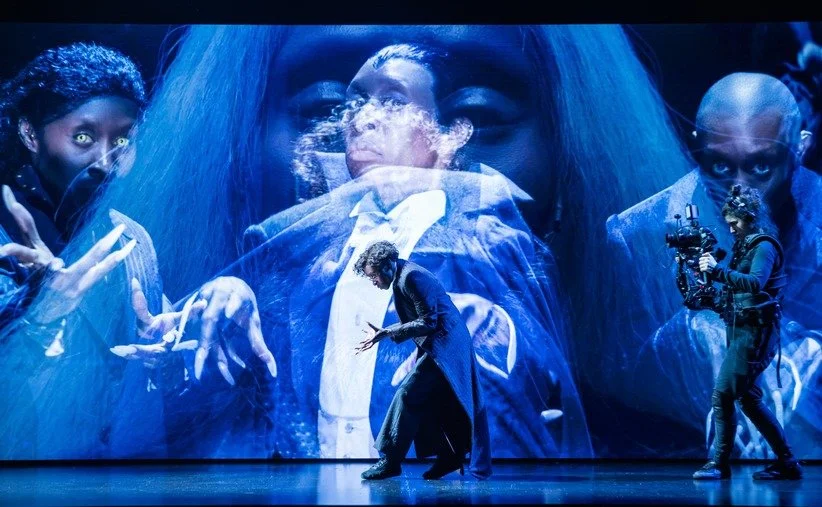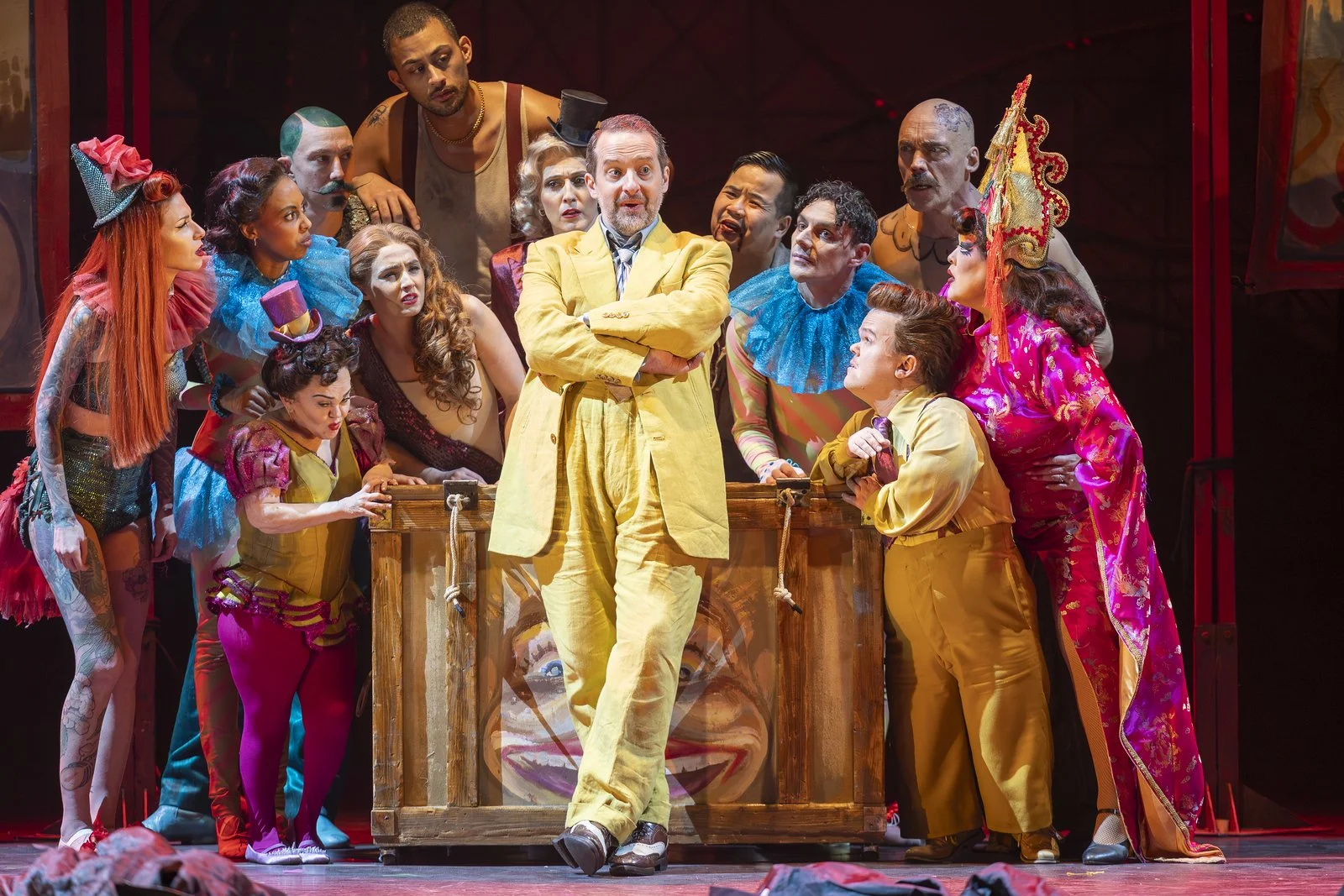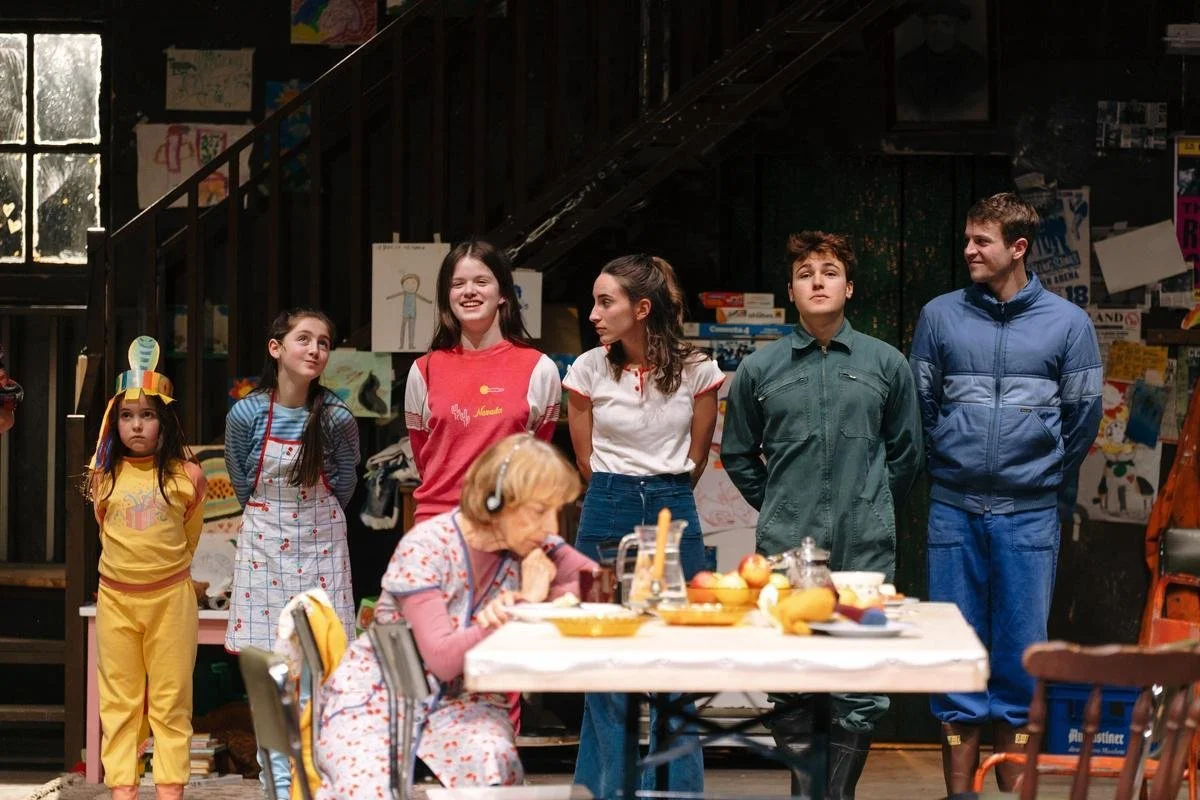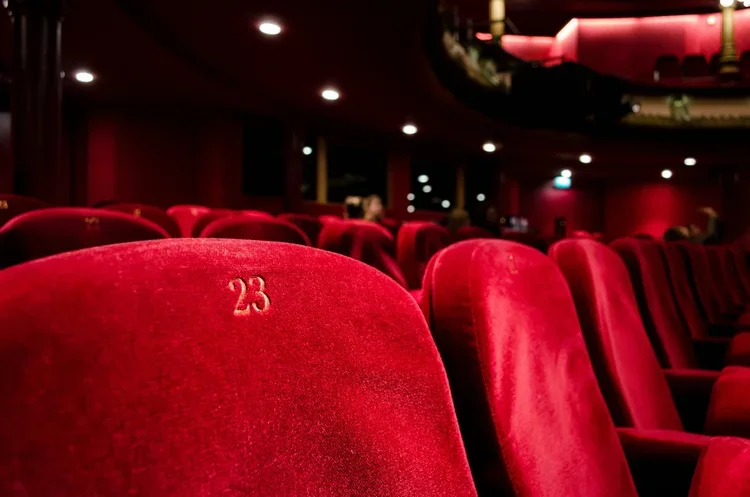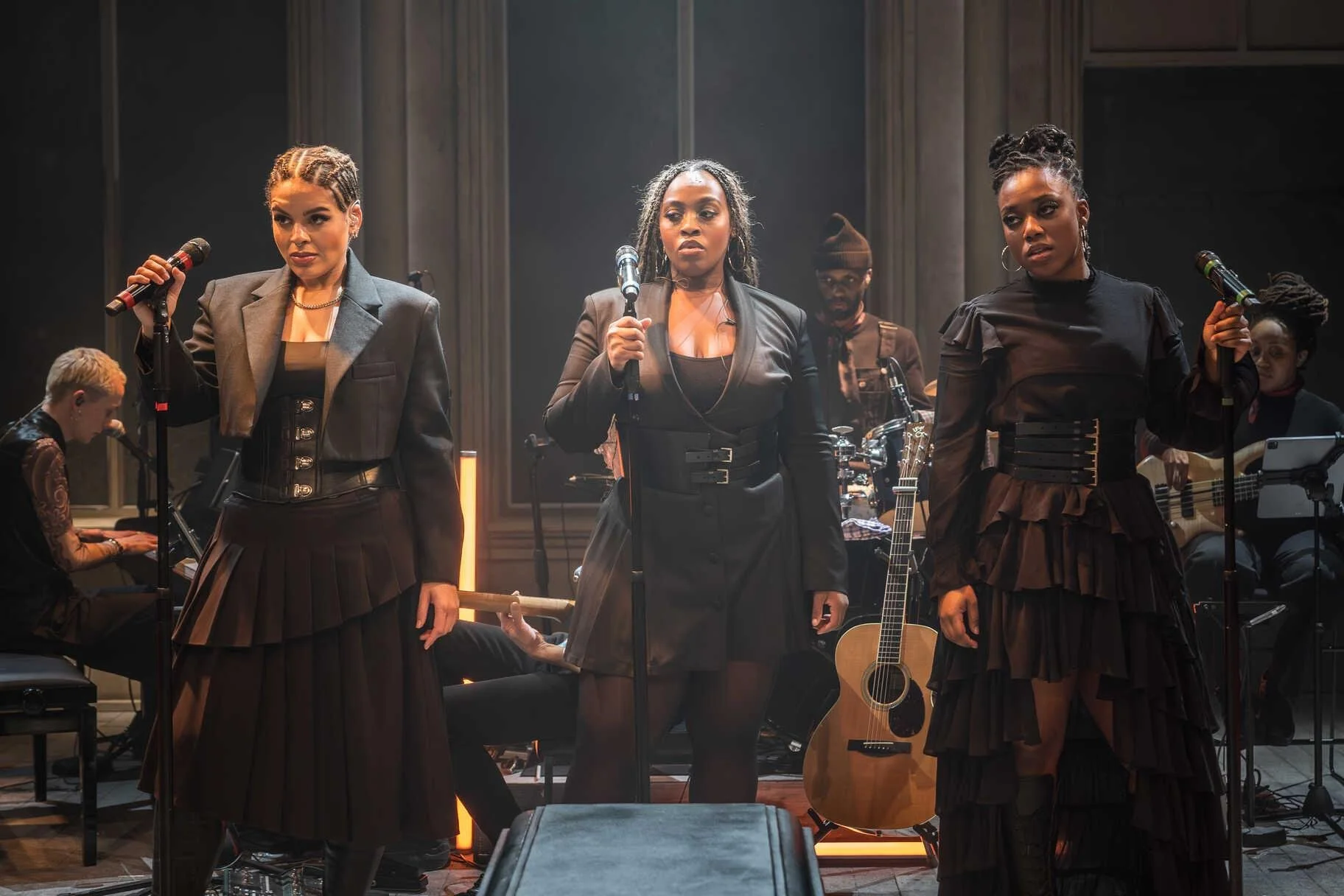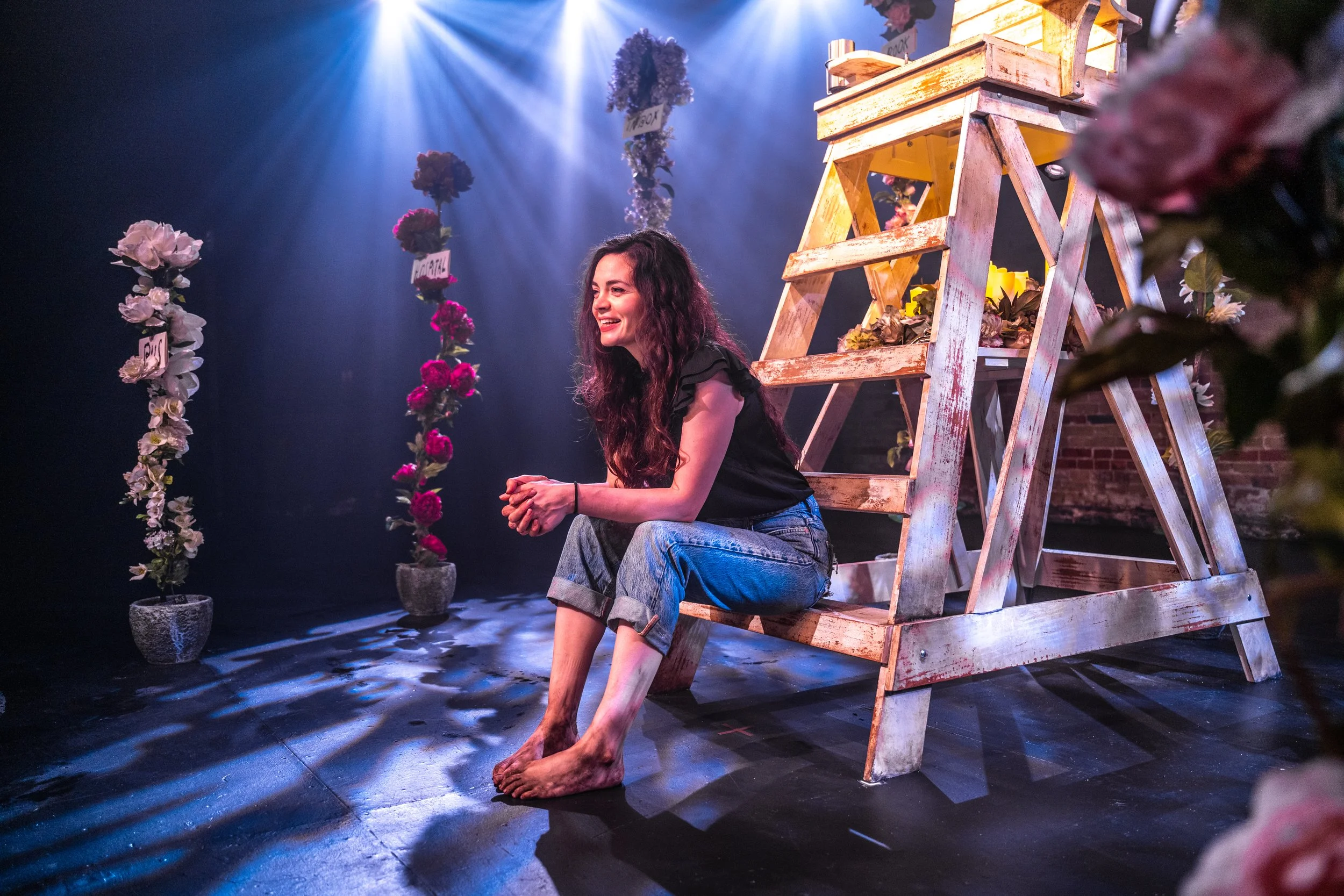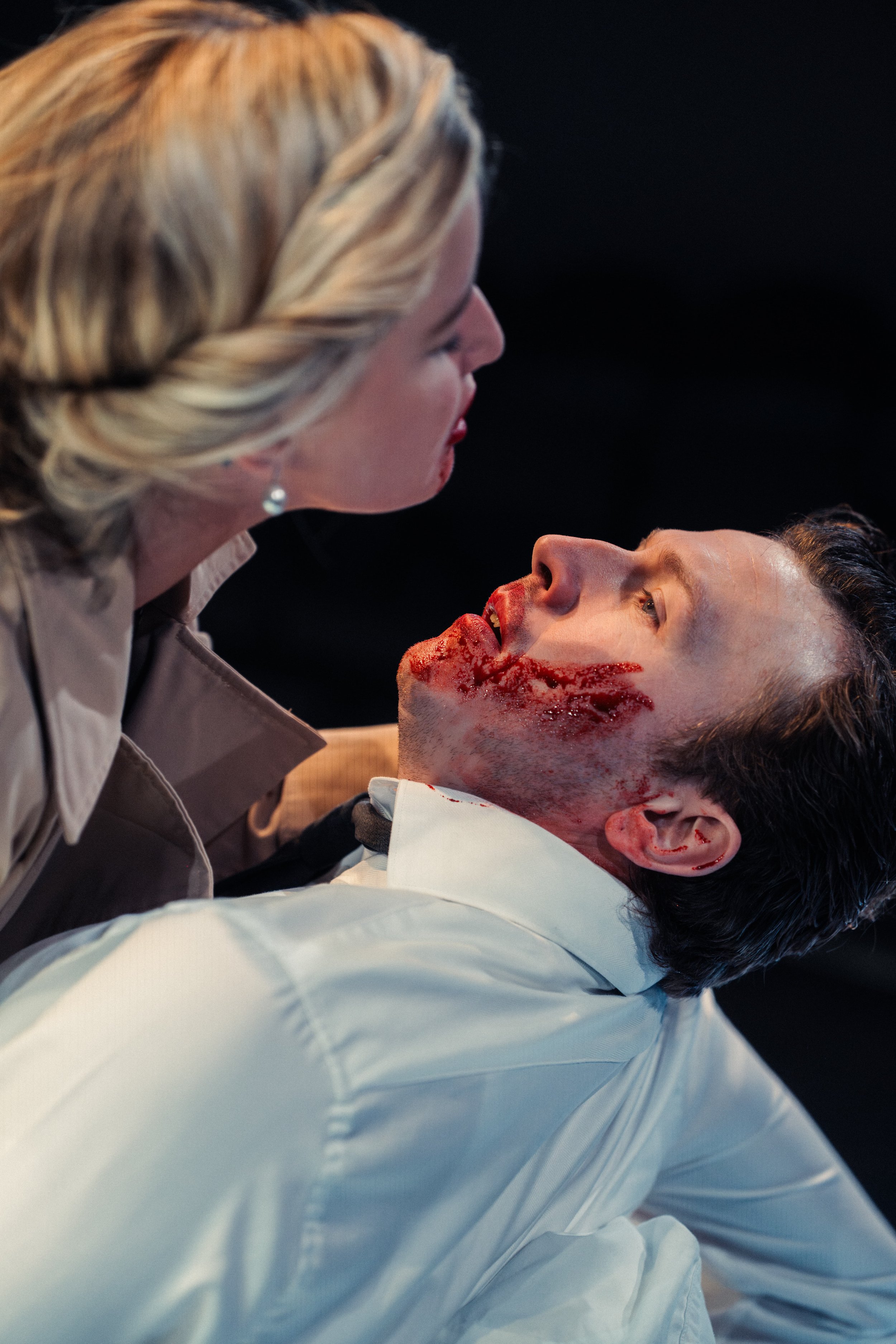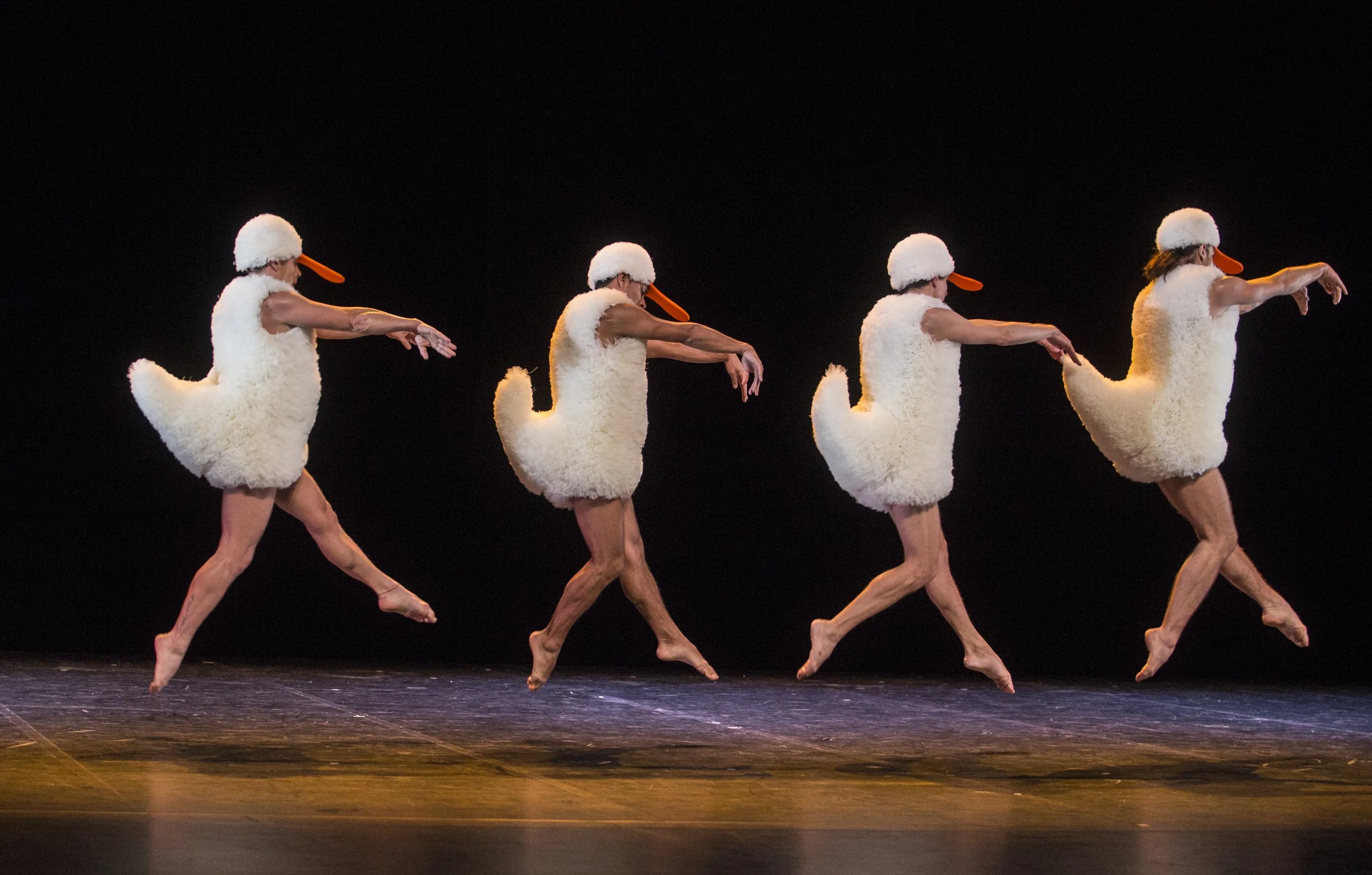Reykjavik, Hampstead Theatre Review
Matthew Durkan and Paul Hickey in Reykjavik. Photo by Mark Douet
Reviewed by Danai for Theatre and Tonic
Disclaimer: Gifted tickets in exchange for an honest review
Hull, mid-seventies. A trawler owner’s office. Reykjavik opens with grim news: most of the men from Donald Claxton’s (John Hollingworth) trawler, Graham Greene, have perished, leaving only five survivors. Tradition demands that Claxton now does "The Walk," a solemn ritual requiring him to visit each of the families who have lost loved ones. After this he will find himself in Reykjavik, where the survivors are recuperating in a motel. Here, Claxton confronts the harrowing realities and individual traumas of those left behind.
Reykjavik is a slow-burn play that invites the audience into a world long vanished—that of 1970s trawlermen and fishermen, on the eve of the Cod Wars, which reshaped the industry with Iceland’s establishment of a 200-mile exclusive fishing zone. Through its careful storytelling, Reykjavik immerses audiences in this bygone era, conjuring its textures and concerns while sparking reflection on how history shapes industries and lives. Viewers may find themselves captivated by this world, though its unfolding is sometimes more about dialogue than action. This narrative approach, while potentially polarizing, could be intentional, letting audiences experience Claxton’s office and perspective before moving on to the Reykjavik motel, where the survivors cautiously, if reluctantly, reveal their own sides of the story. For some, the emphasis on dialogue over action may leave a sense of understated drama, yet it deepens the work’s reflective, almost documentary tone.
Richard Bean has crafted Reykjavik with great skill, blending rigorous research with sharp, realistic dialogue and a deft touch of humour. The actors deliver outstanding performances, filling the stage with talent, while Emily Burns directs with a keen sensitivity to the work’s tone, particularly enhancing its more haunting, ghost-like moments. However, some of the play's choices merit reflection. Claxton’s perspective takes center stage, risking an overly sympathetic portrayal that complicates the political nuances of the story. The play emphasizes his capitalist role, balancing this with moments questioning worker safety, notably in a tense confrontation between Claxton and Lizzie (Laura Elsworthy), who challenges his commitment to profits over people. Another scene with Ricky, whom Claxton is about to fire, subtly underscores his focus on profit. While Reykjavik doesn’t position Claxton as purely good or bad, this perspective softens his character, leaning towards a sense of justification for his actions. This perspective becomes particularly skewed as Jack (Matthew Durkan), the only survivor openly hostile to Claxton, is also depicted as Lizzie’s abusive husband, making him an unsympathetic figure even though he arguably represents working-class anger against capitalist dominance. The other survivors, by contrast, welcome Claxton’s visit and voice little resentment. The actors are all at their best and talent fills the stage while Emily Burns directs in a way that enhances the work’s tone, especially when it comes to all the more ‘haunting’, ‘ghost’-like moments.
One of the production's remarkable achievements is its immersive design. Anna Reid’s set, combined with strong dialogue and a talented cast, transports audiences back in time, vividly evoking the era's weight and gritty folklore. Lovecraftian touches emerge as Claxton and the survivors recount ghostly tales and sea monsters, heightening the sense of a mythic industry in decline. With Iceland’s decision to extend its fishing boundaries marking the play’s close, the industry’s end looms, making the individual stories and losses feel hauntingly like ghosts themselves, fading into history yet leaving a lasting chill.
At Hampstead Theatre until 23 November 2024
★★★



